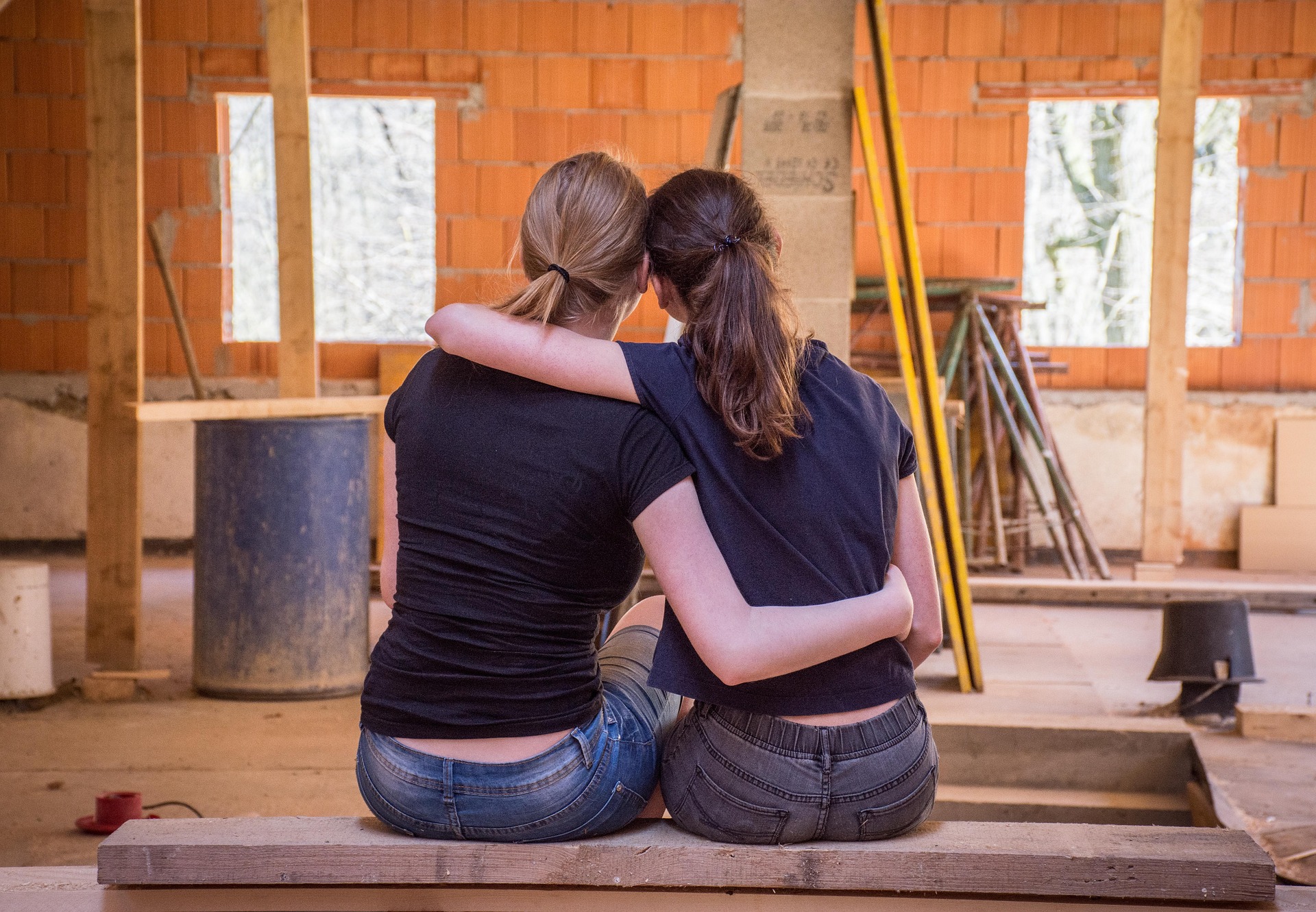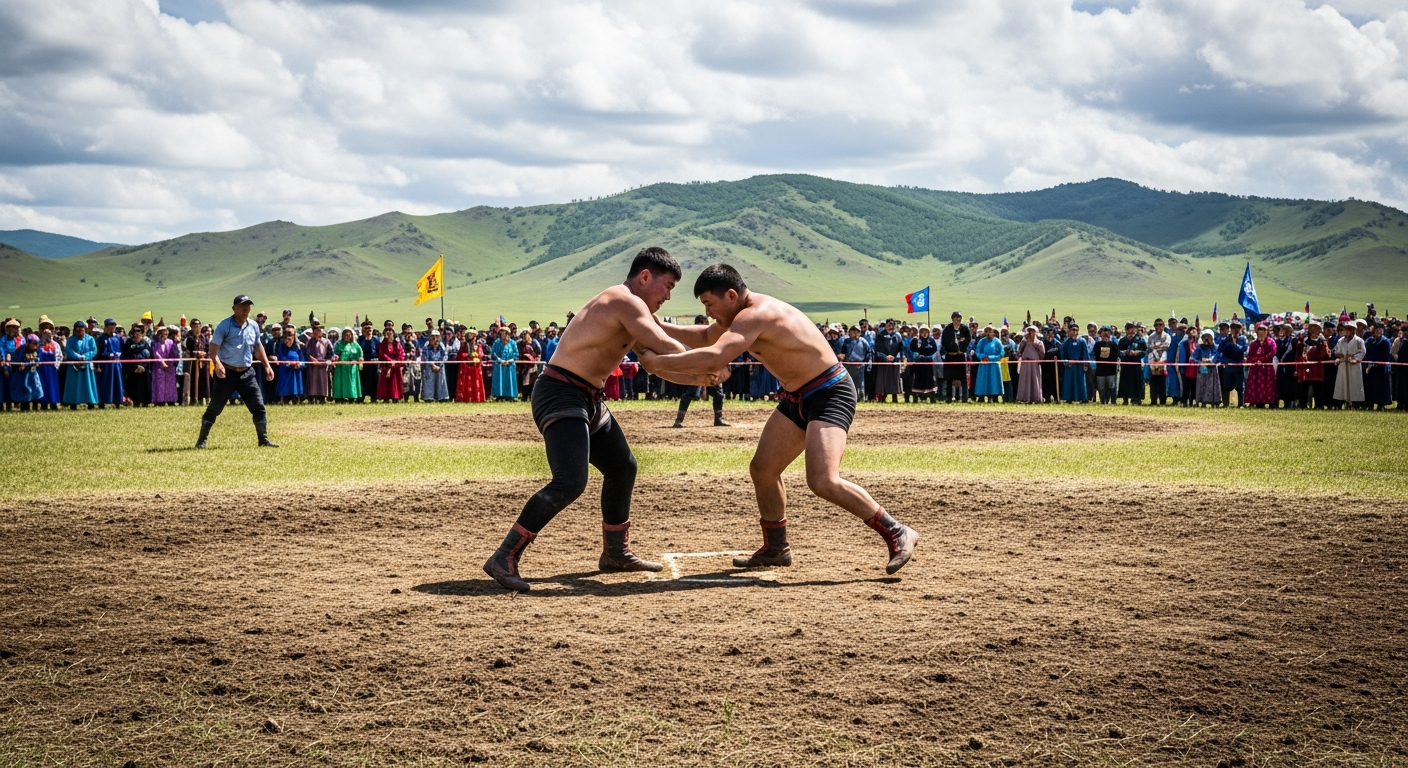The Emergence and Influence of Slow Living in Fast-Paced Societies
In a world where speed, efficiency, and instant gratification are often prized above all else, a counter-trend is quietly gaining momentum. This trend, known as slow living, advocates for a more thoughtful, deliberate, and unhurried approach to life. In this article, we will delve into the historical background of this movement, explore its current manifestations, and discuss its potential implications for modern society.

An Ode to Slowness: The Historical Genesis
The slow living movement can trace its roots back to the late 1980s, when Italian journalist Carlo Petrini launched a protest against the opening of a McDonald’s outlet in Rome. Petrini’s protest, which came to be known as the Slow Food movement, was a response to the increasing dominance of fast-food chains and the perceived erosion of local culinary traditions. It championed the preservation of traditional food production methods, the promotion of local produce, and the recovery of leisurely dining experiences.
While the Slow Food movement was initially confined to the realm of gastronomy, the principles it promoted soon began to resonate with a broader audience. In the subsequent decades, the idea of slow living evolved to encompass various aspects of life, including work, travel, education, and even parenting.
Slow Living in Today’s Fast-Paced World
Today, slow living is more than a niche lifestyle choice—it is a cultural shift that is subtly but surely reshaping our societal norms and expectations. It is evident in the growing popularity of practices such as mindfulness meditation, digital detox retreats, and slow travel. It also reflects in the increasing consumer preference for artisanal goods, farm-to-table dining, and sustainable fashion.
The rise of slow living seems to be a collective response to the frenetic pace of modern life. It is an expression of a deep-seated desire for greater balance, simplicity, and quality in our lives.
The Sociological Implications of Slow Living
The increasing popularity of slow living has significant sociological implications. It represents a departure from the conventional success markers of wealth, status, and power, and instead elevates the importance of personal well-being, meaningful relationships, and sustainable living. This shift in values could potentially lead to significant changes in societal structures and norms.
Moreover, the slow living movement also raises important questions about the sustainability of our current economic models. It challenges the prevailing narrative of endless growth and consumption, and advocates for a more measured and sustainable approach to economic development.
The Long-Term Impact: A Peaceful Coexistence
While it’s too early to predict the long-term impact of the slow living movement, it’s clear that it’s already challenging our deeply ingrained notions of success and fulfillment. As more people embrace slow living, we are likely to see a greater emphasis on work-life balance, sustainable consumption, and community-oriented lifestyles.
However, this does not necessarily mean that we are heading towards a society where everyone lives at a snail’s pace. Rather, what we might see is a peaceful coexistence of different paces of life, where individuals are free to choose the pace that best suits their personal needs and values.
The Future is Slow
As we move further into the 21st century, the slow living movement is likely to continue gaining traction. In a world that’s increasingly characterized by speed, noise, and distraction, the appeal of a slower, quieter, and more mindful way of life is only likely to grow. As we continue to grapple with the demands of modern life, the principles of slow living offer a compelling alternative, allowing us to reclaim control over our time and live our lives on our own terms. As we look forward, one thing is certain: the future is slow.
In conclusion, the slow living movement is more than just a lifestyle trend—it’s a cultural shift that’s reshaping our societal values and norms. As we navigate the complexities of the modern world, the principles of slow living offer a compelling alternative, allowing us to live our lives at a pace that feels right for us.






